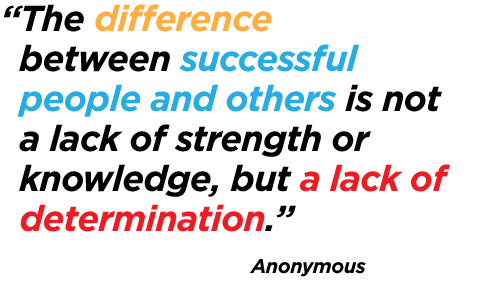
Patents, Elephants, and Integrity
The Answer is Integrity

JEG Plastics places integrity first when it comes to virtue in business.
As the riddle goes: What do you hold onto but cannot touch, something you have but must fight for, and when attacked, becomes stronger?
Integrity is both elusive and foundational. As Buckminster Fuller said, it is the essence of everything successful.
One profession heavily reliant on integrity is inventors. Their gifts can set them up for criticism and recurring failure, yet they clearly put the “grit” in integrity when it comes to pursuing the truth.
The Early Years of Plastics
Plastics launched during the mid- to late-19th century, an exciting time for inventors. This was the age of Edison, Ford, Walton and Marshall. Three pioneers of plastics were Alexander Parkes, inventor of the first man-made thermoplastic in 1855; Michael Phelan, a billiards expert and inventor; and John Wesley Hyatt, inventor of a simplified and stable method for manufacturing thermoplastics in 1862 and who popularized the name, Celluloid.
The 19th century is also known for the near extinction of African elephants as the demand for ivory resulted in the death of more than 16 million elephants, roughly 61% of the total population by 1930. This too has its place in the history of plastics.
Initially, Parkes invented Parkesine, a flexible nitrocellulose, alcohol, camphor, and oil material, as water-proofing for fabric. Parkesine brought him recognition as a bronze medalist at the 1862 Great International Exhibition in London.
Phelan gained celebrity as a skillful player and developer of billiards equipment. Phelan’s passion to standardize the rules and equipment led him to advertise a $10,000 award ($300 thousand today) for anyone who could invent an ivory substitute for billiard balls due to the growing shortage and high cost of imported ivory.
Whether inspired by Phelan’s award or his own accomplishments, Parkes attempted to manufacture Parkesine, but his company failed because the material was too expensive to produce, highly flammable and prone to crack. Parkes’s colleague, Daniel Spill, created a modified version of Parkesine called, Xylonite, but his business also failed.
Hyatt, in direct response to Phelan’s offer, experimented with Parkes’s patent by altering the formula and creating a lucrative manufacturing process for billiard balls and other ivory substitutes. The product, however, did not pass Phelan’s high standards.
Conflict and Resolution
For seven years after his initial success, Hyatt was pursued in court by Spill for patent infringement despite Parkes’s own defense of Hyatt. With foresight, the judge named Parkes the true inventor of celluloid, and allowed Hyatt and all competing manufacturers at the time to continue.
In the end, Spill’s third attempt at a manufacturing company prospered. Although Phelan didn’t live to see it, a suitable replacement for billiard balls, Bakelite, was patented in 1909, but billiards fell out of popularity by the 1940s. Plastics, with almost 50,000 granted patents to date, thrived and remains a vital industry we are proud to be part of estimated to reach $1.2 trillion globally in the coming decade according to The Business Research Company.
And, yes—integrity wins—after many patent, government, and conservation efforts, the African elephant population is rebuilding.



